Zostel Conversations: An Interview with an IAF Fighter Pilot
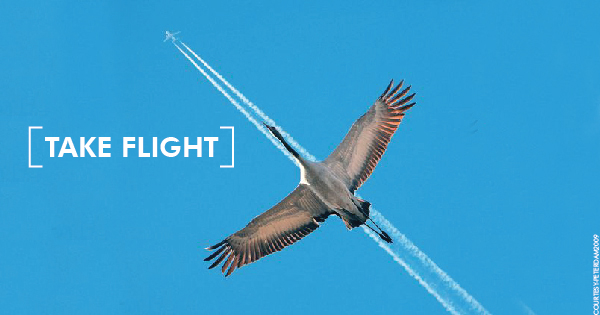
Jaisalmer, a desert city blessed with phenomenal natural beauty, also happens to be the home to one of the 6 strategic air bases in the blissfully quaint state of Rajasthan. And guess what? we had the wonderful opportunity to host a veteran fighter pilot from the Indian Air Force at our property in Jaisalmer. Against the backdrop of the majestic Jaisalmer Fort, we got talking, and boy, what an inspiring story he had to share.
[He spoke to us on the condition of anonymity.]
You can read the entire excerpt from the sit-down conversation that we guys had;
Sir, could you please introduce yourself?
I am a fighter pilot who has undertaken several thousand flights during 25 years of active fighter flying career.
When did you know that it was what you wanted to be?
Being born and brought in the plains of Punjab, sighting a fighter aircraft flying from close quarters was an everyday thing. The thrill of this, like a knife in the butter, gave me a high beyond words and imagination. During 1971 Indo-Pak war, I had a chance of witnessing fighter aircraft carrying out bombing and aerial combat. The respect, awe and admiration a fighter aircraft commands amongst people, something beyond the ordinary, was what attracted me towards this profession. I thought life of fighter pilot would be adventurous, challenging and thrilling; fortunately, it has worked even better. I started fighter flying at a young age of 20 and formally earned my coveted wings, at the age of 21.
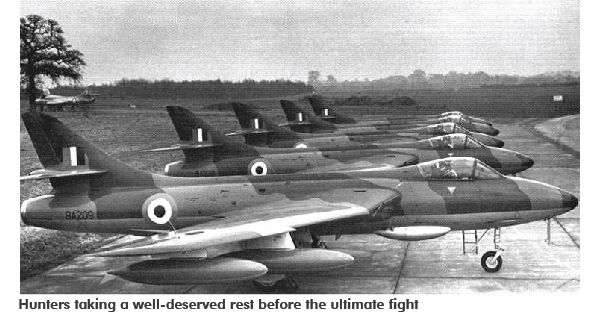
When you go for a 'sortie', how does it feel to be seated inside the cockpit?
It is fun for the uninitiated and a perceived challenge for the man in the cockpit. Reality probably lies somewhere in between, as fun lies in appreciating the world from the third dimension while a sense of achievement lies in mastering something beyond the reach of everyone. However, its the fear of the unknown that keeps you on the tenterhooks and grounded to reality.
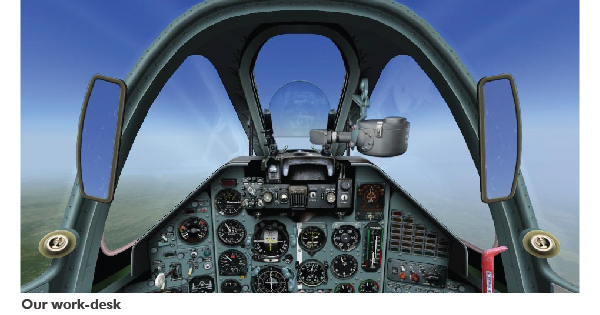
Fighter flying has its own set of perks and privileges but it all comes with a certain risk? Could you please share the “highs and lows" of your job with us?
Like other defence jobs, it is full of commitment and challenges. However, Fighter flying has its own dynamics, which makes it unique and beyond comparison with any job in the world. A fighter pilot is a master of his destiny right from the beginning as he has to take major decisions, mostly split second, about life and death without much assistance from others. This perhaps may be the only profession in the world where nothing is routine. Every day is a new challenge with unlimited opportunities. Life is not just about fun and games for a fighter pilot. There is lot of back breaking hard work behind this adventurous life, from mastering everything about third dimensional warfare, be it weather, laws of aerodynamics, human physiology, technical knowledge about the aircraft, etc to perfecting the art of flying the aircraft, there is a lot to be done. In a nutshell, a fighter pilot has to be a scholar warrior with a decisive mind, adventurous spirit and never say die attitude. He should be ever ready to expand his horizons, and try something new with the sky as his limit.
From terrifying dogfights in mid-sky to the impact of heavy losses, how is it that you cope up with such extremely tough situations?
Though the job of a fighter pilot is definitely a high pressure one but you learn to cope with these pressures with experience and training. What takes a toll is the emotional pressure of coping with the loss of colleagues and friends. Due to the inherent risks involved in fighter flying, you learn early on to cope with the loss of friends keeping your chin up. Notwithstanding this, death of a buddy has a devastating effect on the morale of everyone in the Unit. When I was commanding my Unit, we lost a young albeit experienced pilot in an air accident. It wasn’t the first time I was facing this situation. I had witnessed loss of many colleagues in the past, but, this was the first time when I was at the helm of affairs. The first thing which hit me was an apparent feeling of guilt. I wondered why did I lose him. Was it lack of proper training, lack of oversight, indiscipline or even inadequate leadership by me? But beating up yourself doesn’t help, so I collected my loose thoughts and gathered my wits to support the team. As a tradition, the whole Unit, including the families, got-together in the evening to mourn the loss, show solidarity with each other and pep up the morale, especially of the rookie pilots. On that cruel evening, destiny taught me to rise to the occasion and display leadership skills and emotional intelligence, much beyond my known capability. The solace we get from each other during crisis situations is indeed amazing and a real force multiplier.
Having more than several thousand hours of fighter flying experience, you must have had your share of amazing incidents while flying solo. Can you share one such instance with us?
Some life threatening situations in fighter flying do remain etched in the memory for ever. Once, I was flying all alone at low level during the night in the deserts of Rajasthan. The night was pitch dark with no moon or light on the ground. The initial 20 minutes of the flight were uneventful. After completing a turn to the right, I got a feeling as if I was turning to the left with aircraft instruments indicating a straight and level flight. In flying parlance, this is termed as disorientation. Without going into technical jargons, disorientation occurs due to lack of adequate outside visual clues, abrupt movement of head or abrupt aircraft turn causing confusion for the receptors to correctly sense the flow of fluids in the semi-circular canals of the inner ear. The thumb rules of flying during disorientation are; to trust the aircraft instruments, gain height and fly on auto pilot. I religiously gained height strictly following my flight instruments. Height is the real survivor for any fighter pilot because it gives you those extra precious seconds to recover the aircraft from difficult situations. Unfortunately, I was flying a vintage aircraft that did not have an autopilot. So, I had to solely rely on my skills and training to survive.
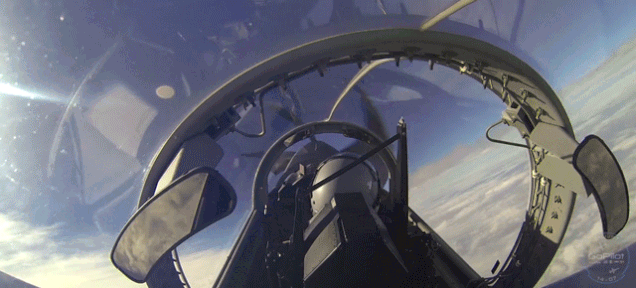
What happened then?
With disorientation and darkness all around coupled with and no help in sight, there was a sudden feeling of loneliness and fear of vanishing in the vast desert at a young age of 26 years. Fortunately, after an initial bout of fear, I gathered my wits and called up my senior colleague who was monitoring my flight on radio telephony. The reassuring voice of my senior buddy and security of extra height gave me a bit of comfort but the going was still tough. I was about 200 Kms from my airfield making a journey of roughly 20 minutes. Those 20 minutes stretched endlessly and seemed like an eternity to me, a long journey to nowhere. Continuous conversation with my senior colleague kept me going in this difficult situation. Finally, when I saw the glow of the town at a distance of 30 odd Kms, the orientation started coming back and so was the confidence. Finally, the nightmarish flight came to an end with a safe landing. In the month of January with night temperature close to zero, I was horrified to see my flying suit drenched in sweat. Sticking to the basic tenets of flying and discipline saw me through and saved the day for me.
"Posting" is not a new term to any Defence personnel. How does your family react to changing places, schools, stations, languages every 2-3 years?
The most interesting part of military service is serving at various places around the world. My family thoroughly enjoyed each and every place I was posted to. There were instances where we initially detested few places but soon every one in the family fell in love with those places and the new friends they made. The goodbyes have always been emotional especially for the children who would make promises to stay in touch and remain friends for ever, something they have done in most cases. Military service makes one a perpetual tourist and an adventurist. Experiencing the amazingly diverse cultures, languages, and, history is one of the high points of this career. People plan and spend a fortune travelling to various destinations, however, for us it is a part of the job package. I also strongly feel that travelling and the adventure plays a major part in shaping the personalities of our kids. In fact, learning through travelling more than compensates these shortcomings.
For me, however, travelling is different. Traveling through the third dimension of air is another enjoyable advantage of my job. Appreciating the panoramic view of thick forests, Himalayas, lone tree standing tall in a vast desert and blue waters of Indian Ocean are rare beauties and eternal joys, which will forever remain etched in my memory.
If you were to write an autobituary, what would that be?
Here was a small man who tore the stillness of the sky with his thunderous machine and enjoyed the beauty of nature sitting in the lap of stars.
Is there any particular city that sticks out from the rest?
Every place has got its own charm and unique beauty. There is a reason why our country is the "Incredible India", because it is home to the most diverse, beautiful and spectacular places. Frankly, it is very tough for me to choose from the array of beautiful places I have been to, and anyone in my place would feel the same. From the peaks of the Himalayas, to the postcard perfect deserts of Rajasthan, to the beautiful backwaters of Kerala, I am sure picking one would be injustice to all the other beauties I have travelled to.
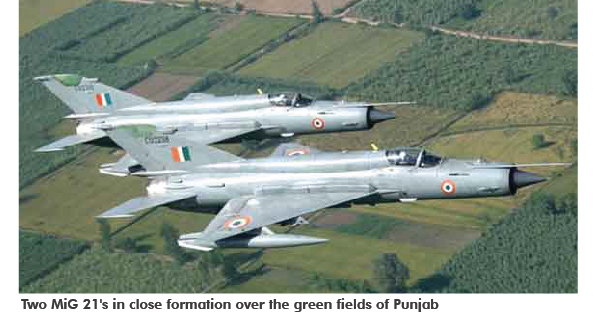
What are your ingredients for success in an air warfare?
I always propagated four ingredients for success. Firstly, understanding your own strengths and weaknesses. Secondly, knowing the capabilities of your aircraft inside out. Thirdly, be fully appreciative of the environment around and lastly, to know your opponent better than you know yourself.
It’s often said, "Flying a fighter is like being closer to heaven”, how has that changed you as a person?
In the fighter cockpit, I feel that life is in my hand and I am the master of my destiny. I always measure my capabilities and limitations and learn to operate within my capability envelope. However, slowly I am working towards expanding my capability envelope.
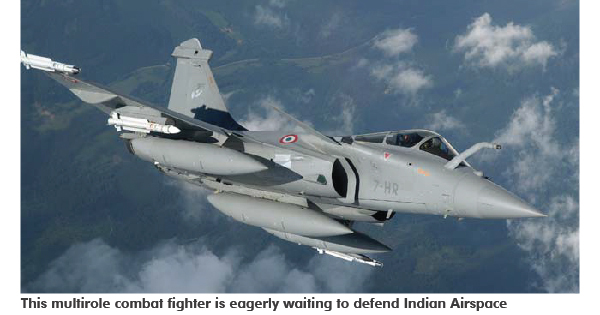
Well, it was an honor to speak with you sir. This perfect-rooftop setting indeed helped the conversation take a turn for the good. We wish you all the luck in your future travels. Keep exploring and keep coming back to us!
Writer, Pavit Dhillon.